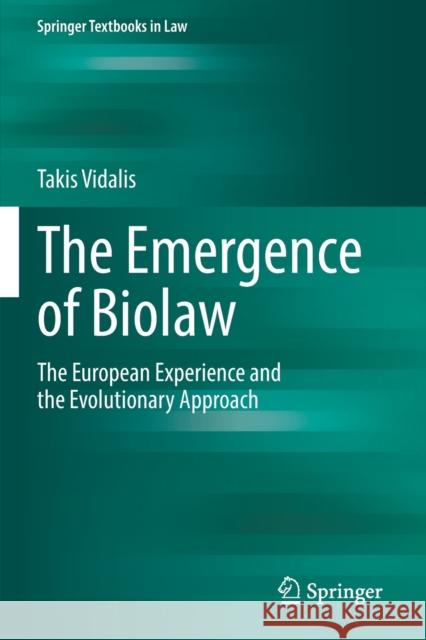The Emergence of Biolaw » książka
topmenu
The Emergence of Biolaw
ISBN-13: 9783031023613 / Miękka / 2023 / 313 str.
The Emergence of Biolaw
ISBN-13: 9783031023613 / Miękka / 2023 / 313 str.
cena 250,57 zł
(netto: 238,64 VAT: 5%)
Najniższa cena z 30 dni: 248,84 zł
(netto: 238,64 VAT: 5%)
Najniższa cena z 30 dni: 248,84 zł
Termin realizacji zamówienia:
ok. 20 dni roboczych.
ok. 20 dni roboczych.
Darmowa dostawa!
Kategorie BISAC:
Wydawca:
Springer International Publishing AG
Seria wydawnicza:
ISBN-13:
9783031023613
Rok wydania:
2023
Ilość stron:
313
Wymiary:
23.5 x 15.5
Oprawa:
Miękka
Dodatkowe informacje:
Wydanie ilustrowane











